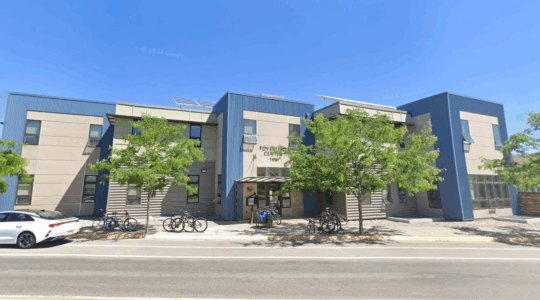JERUSALEM, Jan. 27 (JTA) — Fifty American Reform rabbis have voiced their “grave concerns” over Israel’s pending conversion law in a meeting with Prime Minister Benjamin Netanyahu. During Sunday’s meeting, the rabbis told the prime minister that the so-called “Rabbinical Court Conversion Bill,” which the Cabinet is reportedly about to approve, will delegitimize millions of non-Orthodox Jews in both Israel and the Diaspora. Once the Cabinet approves the bill, it must pass three readings in the Knesset. If the bill passes in its current form, the Rabbinical Court will legally have sole jurisdiction over conversions performed in Israel. “This law’s fundamental message is that there are first-class Jews in this country and second-class Jews — and the 90 percent of Diaspora Jews who are non-Orthodox will be second-class Jews,” Rabbi Ammiel Hirsch, executive director of the Association of Reform Zionists of America, said at a media briefing after the meeting with the prime minister. The Reform rabbis told Netanyahu that the bill would delegitimize non-Orthodox Jews residing in Israel. Although the pending legislation, which replaces an earlier private members’ conversion bill, does not currently contain any references to people wishing to undergo conversion abroad, the Reform rabbis expressed fears that such a clause might be introduced at a later date. Netanyahu has said in recent months that he would support legislation that affirms the Orthodox control over conversions in Israel, but would not back a measure that attempts to dictate conversion practices in the Diaspora. At the media briefing, several rabbis said they were heartened by Netanyahu’s willingness to listen to their concerns, but stressed that the premier had made no concessions. “We do think we awakened a degree of consciousness on the part of the prime minister,” said Rabbi Lennard Thal, vice president of the Union of American Hebrew Congregations. “We hope that this legislation will not take hold.” Hirsch said Netanyahu “expressed some understanding, and we emerged somewhat satisfied. He made an effort to listen to us.” However, Hirsch warned, unless the bill is blocked, “there will be a further weakening of relations between Israel and the Diaspora.”
JTA has documented Jewish history in real-time for over a century. Keep our journalism strong by joining us in supporting independent, award-winning reporting.





